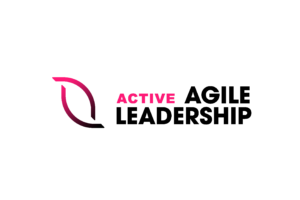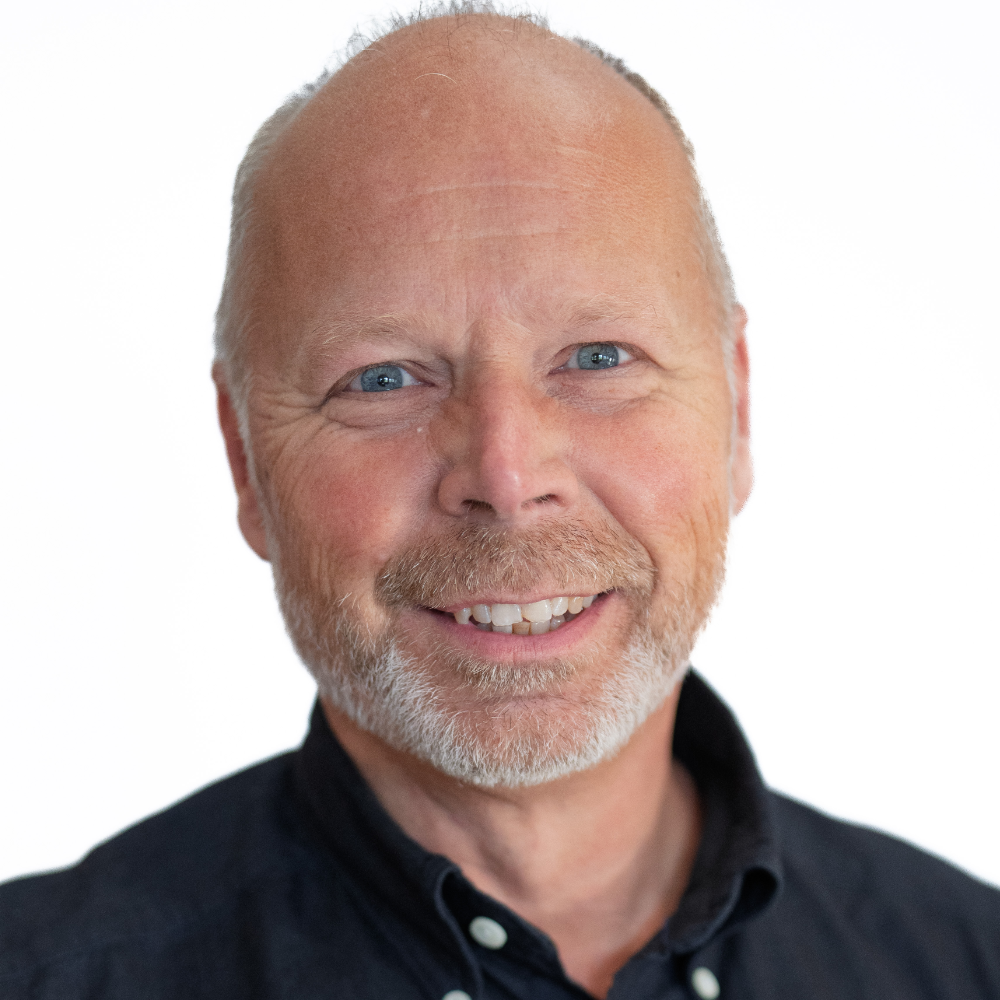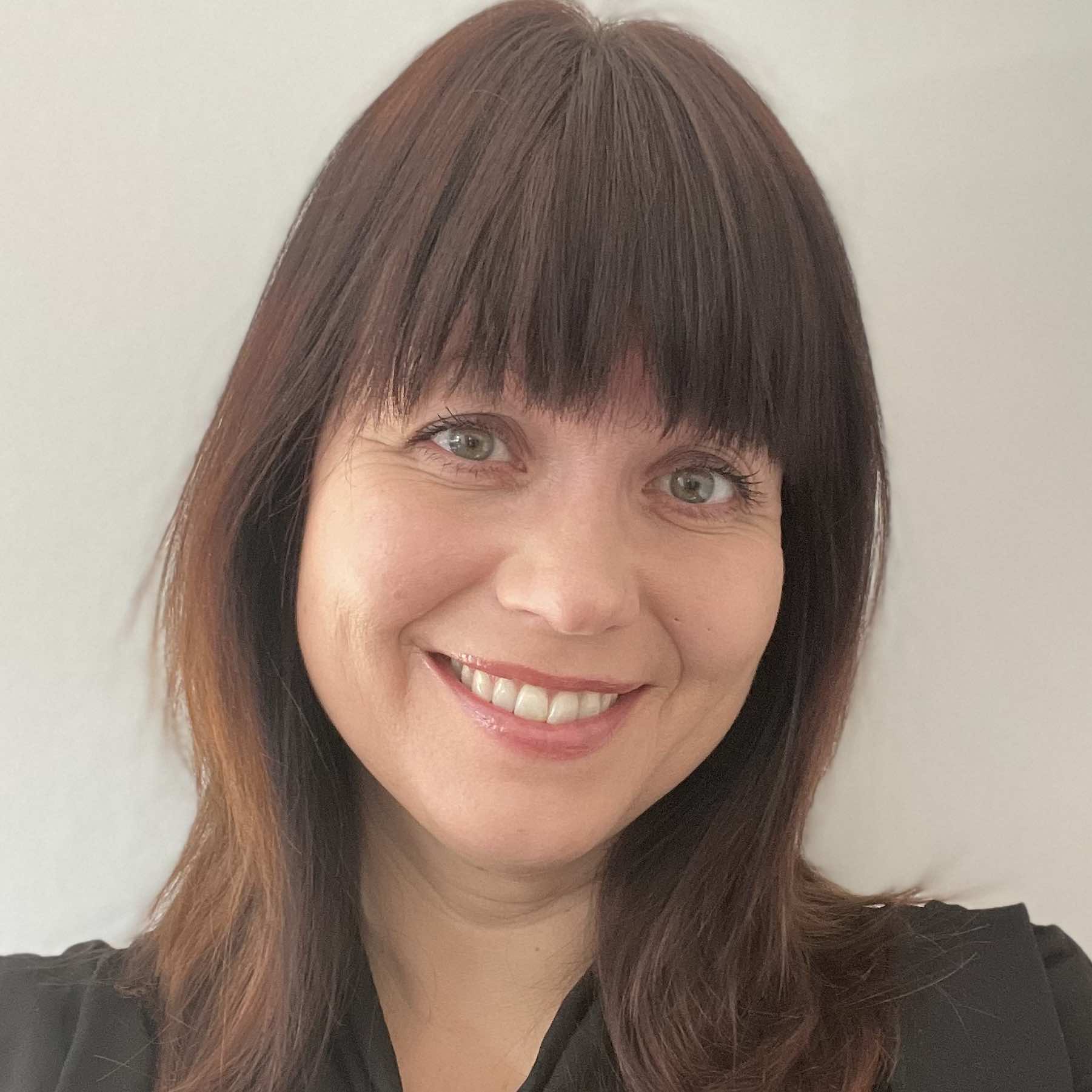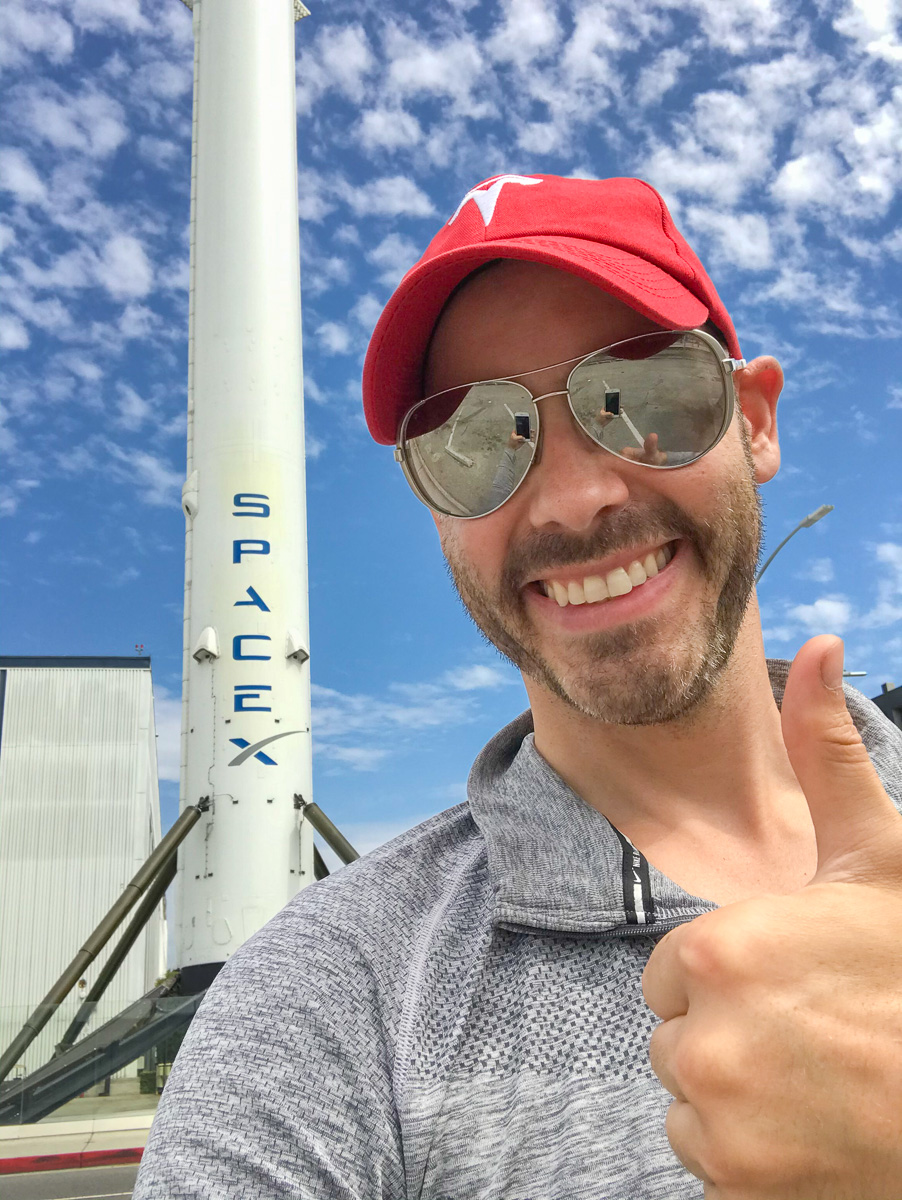How To Measure Anything – Innovation edition (remote), May 2022, 4 half days
Decision making under uncertainty is a skill critical to success. This course gives keys to ”how”.
Any intangible can be measured, risks can be quantified, and decision-making can be measurably improved. Doug Hubbard, the author of multiple books, including How to Measure Anything: Finding the Value of Intangibles in Business will describe how this can be done.
Pricing
Note: A new pricing model will be applied for this course.
First Four – (filled) The first four participants to sign up will be charged 11 000 SEK.Early bird – For the next 6 participants, and valid to 1 month before course starts – 17 500 SEK- Full price (limted seats) – You decide late to sign up but get the unique opportunity to learn and discuss with a world leading expert on Decision making under uncertainty – Doug Hubbard.
We will update this page continously as the seats fill up. Seat pricing is delivered based on sequence of signup. We will notify participants within 1 working day, on the final pricing.
Session 1. How to Measure Anything Executive Overview
Led by Douglas Hubbard. (May 9:th)
Attendees will also gain insight into why some things are more important to measure than others and how some common misconceptions get in the way of better decision making.
Specifically, we’ll cover:
- The “Meta Decision”: The single most important decision is how to make decisions. We will show what is wrong with some common approaches and why quantitative methods will improve almost any area of decision making.
- The Three Misconceptions: There are three reasons why anyone ever thought something was immeasurable – and they are all three based on misconceptions. We will identify these misconceptions, what’s wrong with them, and how to overcome them to better understand measurement.
- Making Decisions: Real decisions, especially the biggest and most important ones in business and life, are made under some state of uncertainty. Such decisions often require a trade-off of financial costs and benefits with risks and consequences that don’t seem possible to monetize. Without defining these tradeoffs explicitly, decisions are driven by random inconsistencies in risk tolerance and valuations of non-financial effects which inevitably make decisions worse.
Outcomes:
- In this session, participants will learn how to control for those inconsistencies and get an initial overview of how the even the biggest dilemmas can be assessed rationally.
Session 2. Quantitative Analyst Training
Led by Douglas Hubbard. (May 10:th)
In this session participants will be given powerful but simple tools to solve a variety of measurement problems. We will focus on some practical examples of quantitative methods using prepared templates in Excel.
- Simulating Reality: We provide the attendees with ready-to-use Excel templates for simple Monte Carlo simulations and we will show how they work so that that they can be modified.
- Computing the Value of Information: Knowing what to measure is a critical part of making decisions under uncertainty.
- Reducing Uncertainty: Simple statistical methods can improve knowledge about uncertain problems.
- Risk tolerance: We will show why some risk tolerance choices are more rational than others and how to define risk tolerance in a way that is an internally consistent and applicable to decision making.
Session 3. Calibration Training (Asynchronous)
Online training, self paced, facilitated by Mattias (May 16:th)
In this Calibration training, participants will learn how to assess subjective probabilities in a way that can be both measured and measurably improved.
Each participant will see their ability to assess probabilities improve during a series of exercises where they are required to make estimates of uncertain quantities.
Between exercises, they will learn additional techniques to continuously improve each estimate.
Outcomes
By the end of the calibration training, participants will see that their assigned probabilities reflect real uncertainty – that is, they are right 80% of the time they are 80% confident, 90% of the time they are 90% confident, and so on. This is a skill that will stick with those who learn it for a long time and will completely change how they think about estimations and probabilistic models.
Session 4. How to Measure Anything in Innovation
Led by Douglas Hubbard. (May 17:th)
Apply the concepts of How to Measure Anything to the field of Innovation.
Specifically, we’ll cover:
- Defining what innovation means and exactly what you want to achieve
- Why measuring innovation and creativity is not only possible, but practical and critical
- How misunderstandings about measurement methods get in the way of measuring innovation and creativity
- Practical suggestions for choosing the right things to measure about innovation
- How to evaluate innovative initiatives
Outcomes
Participants will leave the session armed with the insight needed to move away from either not measuring innovation at all or using flawed, unscientific “soft” methods and move toward scientific methods that deliver results beyond what you are currently doing – before your competition does
















